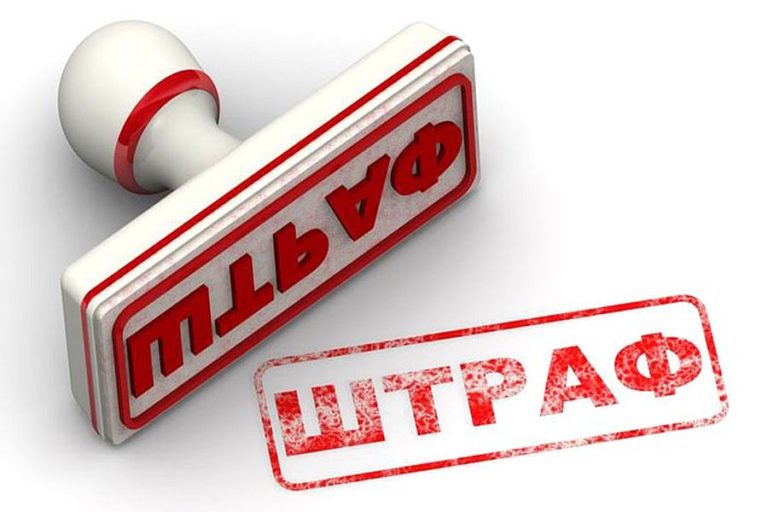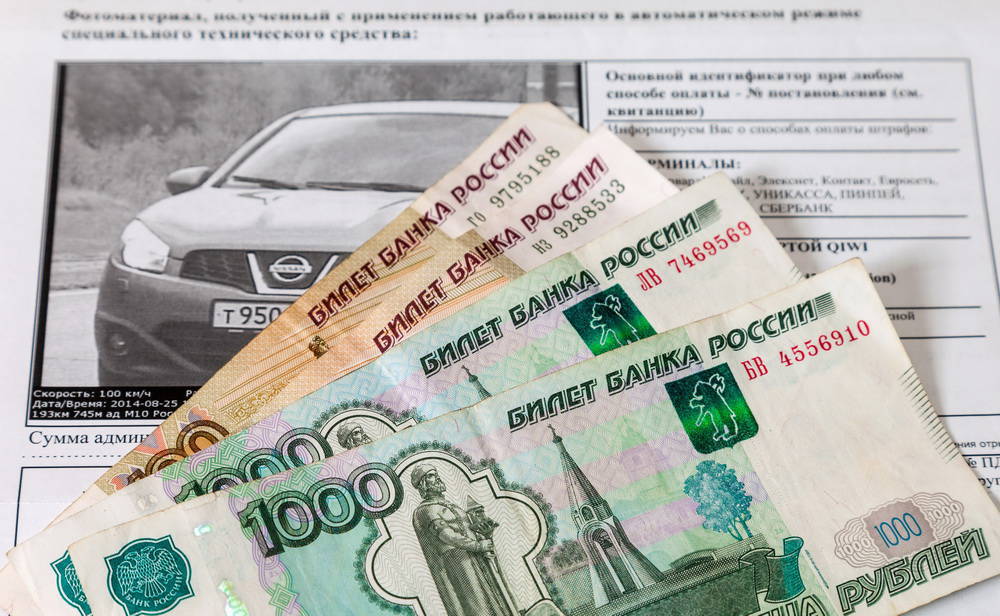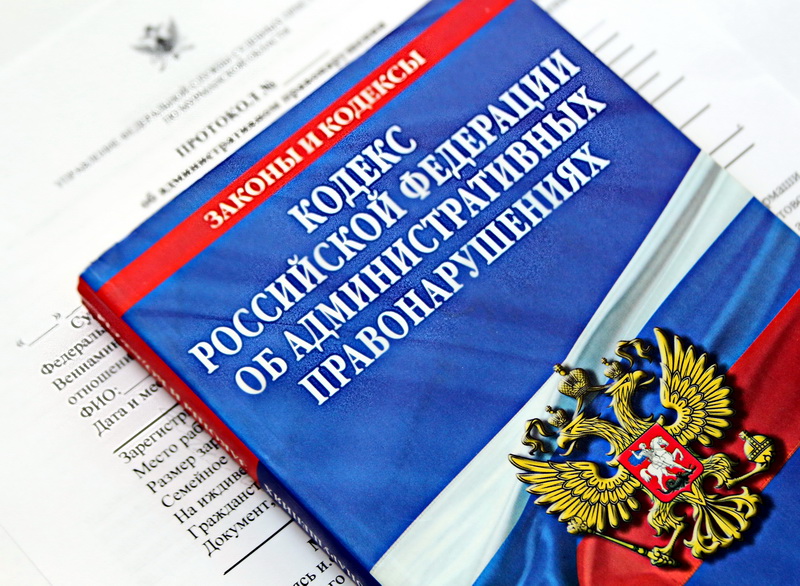In the Russian Federation there are various types of liability. For example, the softest is administrative. Most often, it is expressed either by arrest for a certain period (up to 15 days), or by a fine in the amount established by law. In the second case, it will be necessary to deposit funds into the state treasury up to a certain point. But which one? What is the deadline for paying an administrative fine in a particular case? And what threatens for late payment of the relevant payment? Understanding the relevant information is required for everyone.
Fine Stages
First you need to understand how a fine is assigned for an administrative violation. This process can be divided into several stages.

Namely:
- fixing violations and drafting a decision;
- notification of a citizen about the imposition of a fine;
- entry into force of the sanction.
In some cases, a decision on an administrative offense is made on the basis of a court decision. For example, when it comes to imposing a fine on a citizen with the deprivation of a driver’s license.
After the sanction has entered into force, the citizen must understand what the deadline for paying an administrative fine is in Russia. Only in this way will he be able to prevent late payment. She will lead to serious consequences.
Time to pay
The term for payment of the fine for an administrative offense is established by current legislation. It is one for all situations. That is, it doesn’t matter what the payment is assigned for - you will have to deposit funds during the same period.

At the moment, the deadline for paying an administrative fine is two months. This means that late payment begins on the 61st day. This period is considered the time allotted for voluntary contributions to the state treasury. If you do not meet it, you will have to bear additional responsibility. About it will be described later.
On entry into force
It is worth paying attention to the fact that 60 days allotted for the repayment of the fine on a voluntary basis does not begin immediately after the relevant decision on imposing sanctions has been passed. This is due to the fact that everyone has a chance to appeal a fine or other punishment for a violation.
This procedure takes only ten days. Accordingly, while a citizen does not agree with the decision, he can appeal to the court. A previously issued resolution will enter into force only after a week and three days have passed. From that moment, the deadline for payment of an administrative fine in the Russian Federation will be counted.
It follows that a person will have only 70 days to complete the task. If the violator does not have enough funds, he can go to court and ask for a deferred payment or installment plan. True, the lack of money will have to be documented.
With discount
Some penalties can be paid in part. More precisely, at a discount. For example, the bulk of the fines of the traffic police.As a rule, this can be done within an extremely short time.

The terms of payment of the administrative fine by an individual with a discount of 50% of the payment amount are 20 days. The countdown starts from the moment a decision is made to apply the appropriate sanction to a specific person.
Important: the funds must go to the recipient of the fine for the specified time. Otherwise, you will have to pay the remaining half of the amount.
At the same time, traffic police fines related to drunkenness, driving without registering a vehicle, driving in a red light, driving in an oncoming traffic, and participating in traffic accidents causing light or moderate damage cannot be paid at a discount.
What happens if the penalty is canceled
It so happens that citizens fight for their cause in the courts for a long time. For example, when they fundamentally disagree with the sanctions imposed on them. Some people sue and prove their innocence for several months, skipping all the deadlines for paying an administrative fine.

In such circumstances, the potential offender must still pay the corresponding amount to the state treasury within the time limits established by law.
What should I do if the term for payment of the administrative fine by the court decision has passed, the person has paid the funds in the prescribed period, and the sanctions imposed on him have been recognized invalid Do not worry - the money will be returned in full. It is enough to confirm the fact of a fine being imposed on a state treasury judge. It is better to do this directly during the trial. Then, if the citizen is in fact not guilty of anything, a decision will be immediately taken to annul and return the fine to the payer. Otherwise, at first the judge simply recognizes the previously imposed sanctions as invalid.
What to expect for delay
Unfortunately, not everyone is conscientious about their duties. Some individuals are prepared not to pay bills or pay taxes. And do not extinguish fines as well. All this leads, as has already been said, to bringing a person to additional responsibility.

From the first day of delay, a fine will be charged to the citizen every day. To stop the growth of interest, the offender must first pay the main penalty, and then make payments for late payments.
As soon as the debt exceeds a total of 3,000 rubles, the case can be transferred to the bailiffs. This service enforces the collection of funds from debtors.
For example, bailiffs may:
- seize bank accounts;
- block citizen debit cards;
- to prohibit a person from leaving Russia;
- seize property.
It also happens that due to non-payment of fines and other debts, a citizen's property is put up for sale. After the sale, the proceeds will go towards paying off the debt. If then something remains, the money will be returned to the former debtor.
Conclusion
Now it’s clear how fast it is to “close” fines in Russia. And what will happen if the corresponding payment is delayed, too.

As a rule, it is better not to hesitate in transferring funds to the state treasury. Only in this way will it be possible to avoid additional problems and hold accountable.
Important: the administrative limitation period is 2 years. If during this time the citizen did not pay them or they were not recovered, the sanction “burns out”.









